What nutritional strategies naturally boost male testosterone for peak performance?
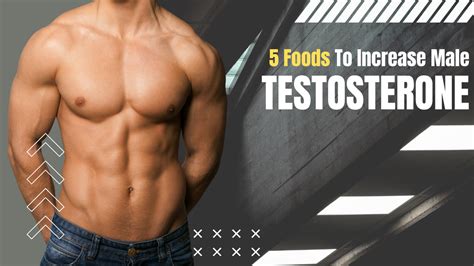
Understanding Testosterone’s Role in Male Performance
Testosterone, the primary male sex hormone, plays a critical role far beyond just libido. It’s essential for maintaining muscle mass, bone density, energy levels, mood regulation, and even cognitive function. Optimal testosterone levels are linked to enhanced physical performance, mental acuity, and overall vitality. While many factors influence hormone balance, nutrition stands out as a powerful, natural lever we can adjust. By making smart dietary choices, men can significantly support their body’s natural testosterone production and move towards peak performance.
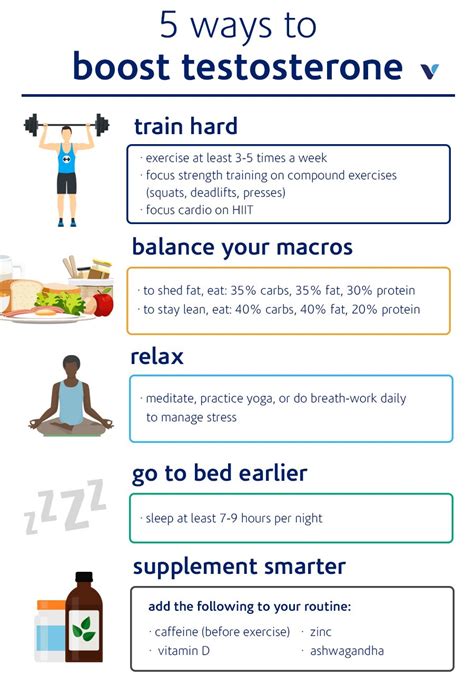
Key Nutrients for Testosterone Synthesis
Certain vitamins and minerals are not just beneficial; they are essential cofactors in the complex biochemical pathways that lead to testosterone production. Incorporating these into your daily diet is foundational.
Zinc: The Essential Mineral
Zinc is paramount for testosterone synthesis and maintaining sperm health. Deficiencies have been directly linked to reduced testosterone levels. Excellent sources include oysters (renowned for their high zinc content), red meat, poultry, beans, nuts (especially pumpkin seeds), and whole grains.
Vitamin D: The Sunshine Hormone
Often referred to as a hormone itself, Vitamin D is crucial for numerous bodily functions, including hormone regulation. Studies show a strong correlation between adequate Vitamin D levels and higher testosterone. While sun exposure is the primary way to get Vitamin D, dietary sources like fatty fish (salmon, mackerel, tuna), fortified dairy products, and certain mushrooms can contribute.
Magnesium: The Muscle Relaxer
Magnesium is involved in over 300 enzymatic reactions, including those related to muscle function and energy production. Research suggests that magnesium supplementation can increase free and total testosterone levels, especially in physically active individuals. Load up on leafy green vegetables, nuts (almonds, cashews), seeds, legumes, and whole grains.
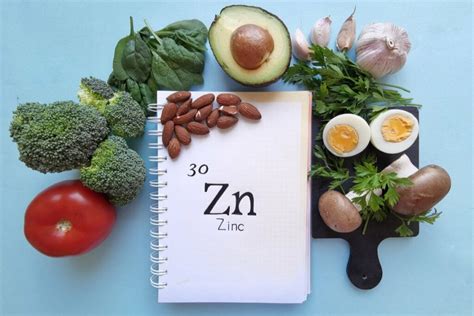
The Importance of Healthy Fats
Contrary to outdated beliefs, dietary fats are not the enemy; in fact, healthy fats are crucial for hormone production. Cholesterol, derived from fats, is the precursor to testosterone and other steroid hormones.
- Monounsaturated Fats: Found in avocados, olive oil, and nuts, these fats are heart-healthy and support hormone synthesis.
- Polyunsaturated Fats (Omega-3s): Present in fatty fish, flaxseeds, and walnuts, Omega-3s reduce inflammation and support overall cellular health, indirectly benefiting hormone balance.
Avoid trans fats and limit excessive saturated fats, as these can negatively impact heart health and potentially disrupt hormone balance.
Optimizing Protein and Carbohydrate Intake
A balanced intake of macronutrients is vital. Adequate protein supports muscle maintenance and growth, which is intrinsically linked to testosterone. Aim for lean protein sources like chicken breast, fish, eggs, and plant-based options such as lentils and tofu.
While low-carb diets are popular, extremely restrictive carbohydrate intake can sometimes stress the body and lower testosterone. Focus on complex carbohydrates from whole grains, fruits, and vegetables to provide sustained energy and support metabolic functions without causing rapid blood sugar spikes.
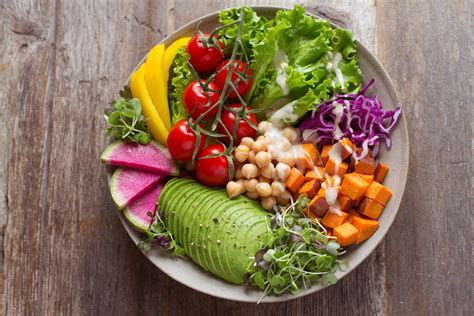
Foods to Limit or Avoid
Just as certain foods boost testosterone, others can hinder its production or disrupt overall hormonal balance. Reducing your intake of the following can be as important as increasing beneficial foods:
- Processed Foods and Sugary Drinks: High sugar intake can lead to insulin resistance and increased body fat, both of which are detrimental to testosterone levels.
- Excessive Alcohol: Chronic heavy alcohol consumption is known to impair testicular function and reduce testosterone.
- Soy Products (in excess): While soy can be part of a healthy diet, some studies suggest that very high intake might slightly alter hormone levels due to phytoestrogens.
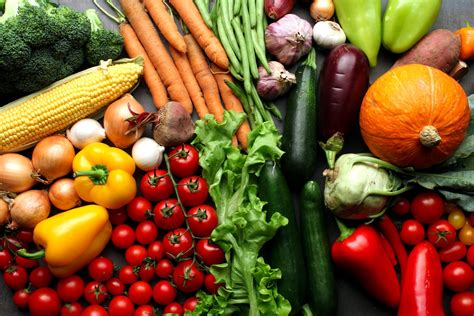
The Holistic Approach to Hormonal Health
While nutrition is a cornerstone, remember that it’s part of a larger lifestyle picture. Regular exercise (especially strength training), adequate sleep, and stress management all work synergistically with a healthy diet to optimize testosterone levels. Embrace a whole-foods-based diet rich in the aforementioned nutrients, stay hydrated, and commit to consistent, healthy lifestyle choices to naturally boost your testosterone for peak performance and overall well-being.









